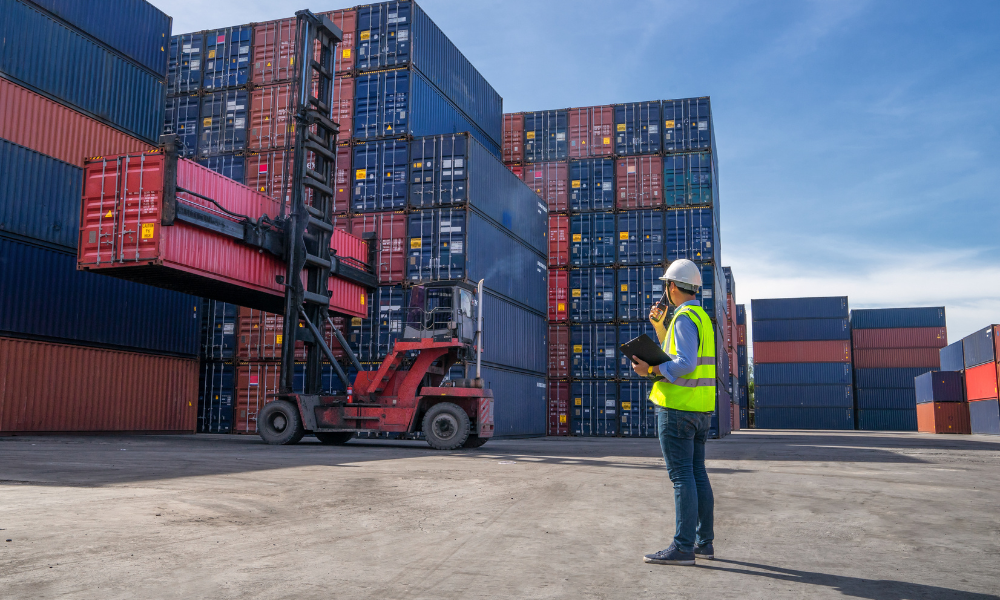EDC SVP says Canadian firms explore new trade routes as diversification moves from theory to action

Export Development Canada (EDC) senior vice president of international markets Todd Winterhalt said Canadian exporters are increasingly pursuing new global markets as trade conditions shift and uncertainty remains with the US.
Speaking with Financial Post’s Larysa Harapyn, Winterhalt said that although the US continues to represent a “gravitational pull,” there is growing momentum among Canadian businesses to “diversify their buyer base” beyond traditional partners.
“It really does feel like it’s more than just talk this time or moving past the theory into reality,” Winterhalt said, adding that companies are now seriously exploring markets in Europe, the Indo-Pacific, and Mexico.
Winterhalt outlined practical steps companies must take to enter new markets.
These include early-stage research, assessing available human and financial resources, and understanding the full network of relationships required to operate in a different market—including buyers, customs authorities, taxation lawyers, and freight forwarders.
Winterhalt stressed the importance of research, particularly into business culture, language differences, and regulatory environments. He advised exporters to work closely with industry associations and Chambers of Commerce to prepare for expansion.
As part of this shift, EDC recently launched a $5bn trade impact program.
The program aims to reduce risk for exporters and includes insurance for cancelled US-bound shipments, foreign exchange guarantees to protect against currency fluctuations, and financing support to help businesses maintain liquidity.
Winterhalt said EDC can help finance new investments, such as production lines in Europe, enabling companies to make international moves with more confidence.
These offerings fall under the broader umbrella of EDC’s existing market intelligence and support services.
Canada currently has 15 active free trade agreements covering 51 countries, including all G7 members.
Winterhalt said this network gives Canadian companies preferential access to nearly two-thirds of the world’s consumer class.
He noted that growth opportunities exist in the Indo-Pacific region, as well as in countries such as Chile and Colombia, where regulatory stability and foreign investment protection offer exporters more certainty.
While he acknowledged that the US will continue to be a critical trading partner, Winterhalt said EDC advises exporters to avoid concentrating solely on one market.
He suggested that a “stepwise” approach to market expansion—such as launching joint ventures or establishing manufacturing operations in the US alongside other regions—can help companies reduce risk and expand strategically.



